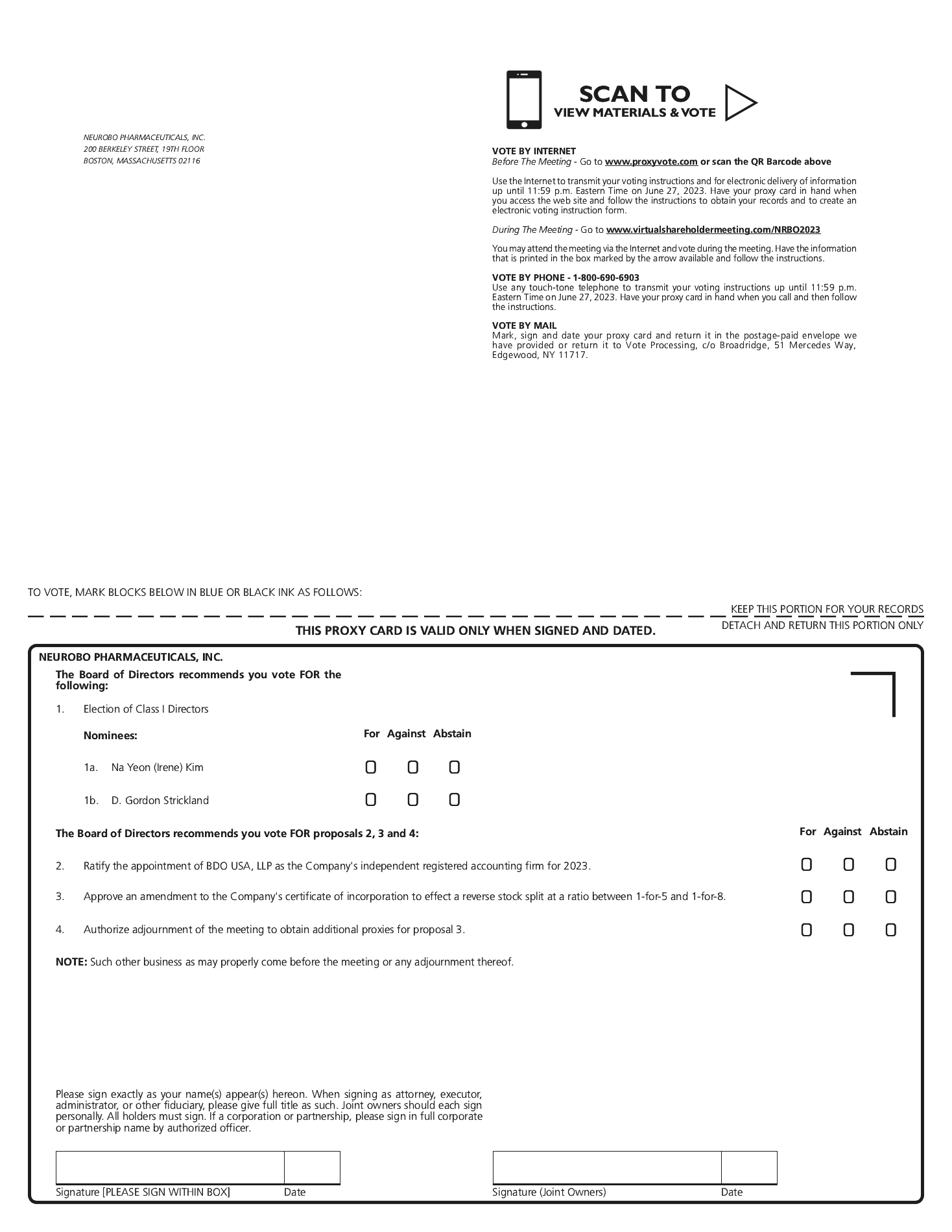CERTAIN RELATIONSHIPS AND RELATED-PARTY TRANSACTIONS
The following includes a summary of transactions since January 1, 2021 to which we have been a party, in which the amount involved in the transaction exceeded the lesser of $120,000 or 1% of the average of the Company's total assets at year end for the last two completed fiscal years, and in which any of our directors, nominees for director, executive officers or, to our knowledge, beneficial owners of more than 5% of our capital stock or any member of the immediate family of any of the foregoing persons had or will have a direct or indirect material interest, other than equity and other compensation, termination, change of control and other arrangements, which are described under “Proposal No. 1, Election of Class I Directors-Non-Employee Director Compensation” and “Executive Compensation.”
Recent Transactions with Dong-A ST Co., Ltd.
License Agreement
On September 14, 2022, we entered into a License Agreement with Dong-A ST Co., Ltd. (“Dong-A”) pursuant to which, subject to the conditions set forth therein, we would receive an exclusive global license (other than in the Republic of Korea) to two proprietary compounds for specified indications (the “2022 License Agreement”). The 2022 License Agreement covers the rights to a compound referred to as DA-1241 for treatment of nonalcoholic steatohepatitis (“NASH”) and a compound referred to as DA-1726 for treatment of obesity and NASH. We may also develop DA-1241 for the treatment of Type 2 diabetes. The 2022 License Agreement became effective on November 8, 2022. As of March 24, 2023, Dong-A was the beneficial owner of more than 5% of our Common Stock.
Under the terms of the 2022 License Agreement, Dong-A: (i) received an upfront payment of 2,200 shares of Series A Preferred Stock under the terms of the Securities Purchase Agreement (as defined below); (ii) is eligible to receive single digit royalties on net sales received by us from the commercial sale of products covering DA-1241 or DA-1726; (iii) is eligible to receive commercial-based milestone payments, dependent upon the achievement of specific commercial developments; and (iv) is eligible to receive regulatory milestone payments of up to $178 million for DA-1726 and $138 million for DA-1241, dependent upon the achievement of specific regulatory developments.
Securities Purchase Agreement
On September 14, 2022, in connection with the 2022 License Agreement, we entered into a Securities Purchase Agreement with Dong-A (the “Securities Purchase Agreement”). Pursuant to the Securities Purchase Agreement, upon the consummation of the 2022 License Agreement and a Qualified Financing (as defined in the Securities Purchase Agreement), which occurred on November 8, 2022, (i) Dong-A received the Upfront License Payment (as defined therein) and (ii) Dong-A purchased 1,500 shares of Series A Preferred Stock and the warrants to purchase 10,000,000 shares of Common Stock.
On December 22, 2022, our stockholders approved the conversion of the Series A Preferred Stock and the exercise of the Dong-A Warrants and all of the Series A Preferred Stock converted into 12,333,333 shares of the Common Stock.
Shared Services Agreement
On September 14, 2022, in connection with the 2022 License Agreement, the Company and Dong-A entered into a Shared Services Agreement (the “Shared Services Agreement”). The Shared Services Agreement provides that Dong-A provides technical support, pre-clinical development, and clinical trials support services in exchange for payment to Dong-A as set forth therein. In addition, the Shared Services Agreement provides that Dong-A will manufacture all of our clinical requirements of DA-1241 and DA-1726 under the terms provided in the Shared Services Agreement.
Either party may terminate the Shared Services Agreement for the other party’s material breach that is not cured within 30 days of notice. Dong-A may also terminate the Shared Services Agreement in part on a service-by-service or product-by-product basis upon a breach by us which is not cured within 30 days.
Registration Rights Agreement
In connection with the Securities Purchase Agreement, on September 14, 2022, we entered into a registration rights agreement with Dong-A and the other selling stockholders party thereto (the “Registration Rights Agreement”). The Registration Rights Agreement provides Dong-A with demand and piggyback registration rights,





